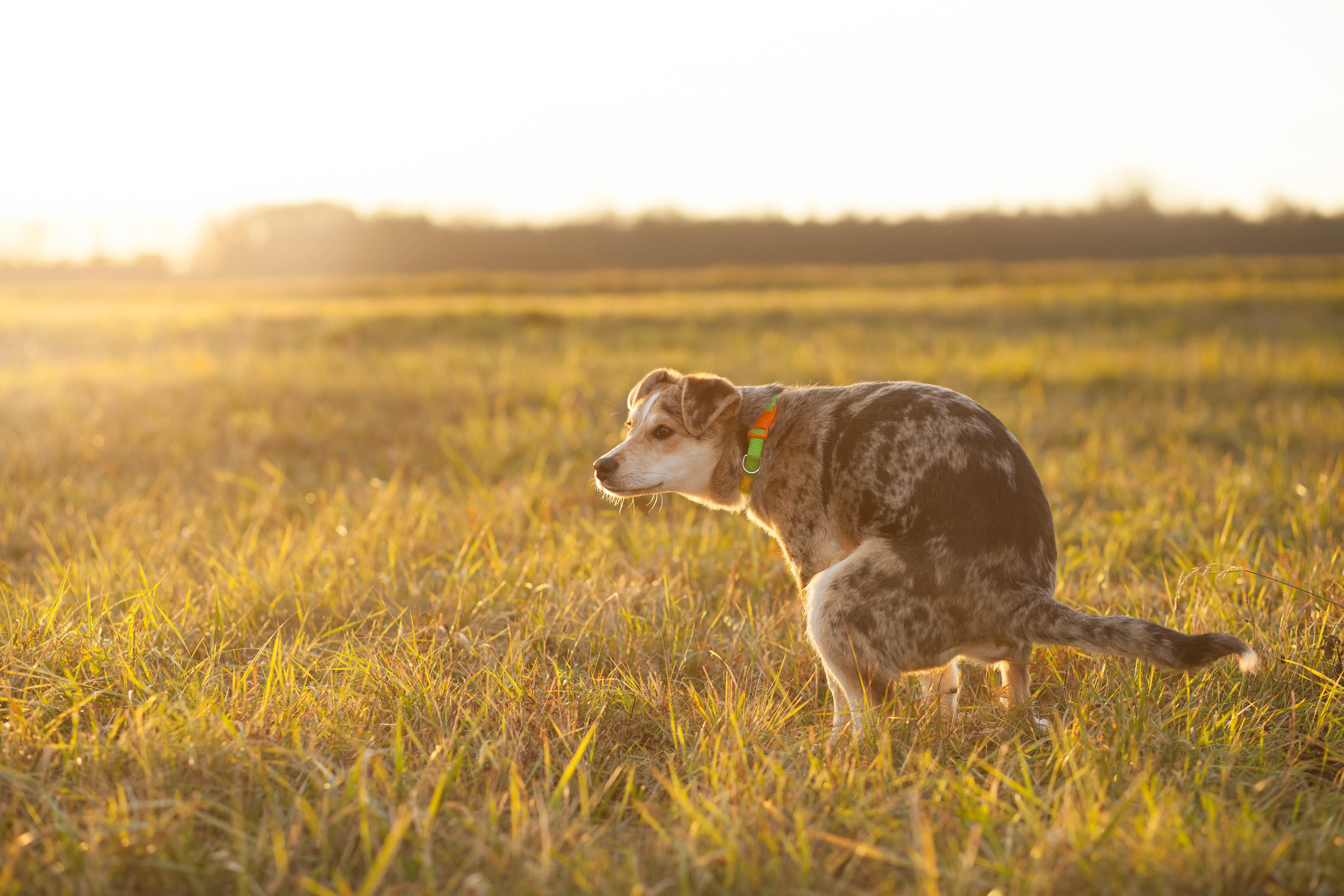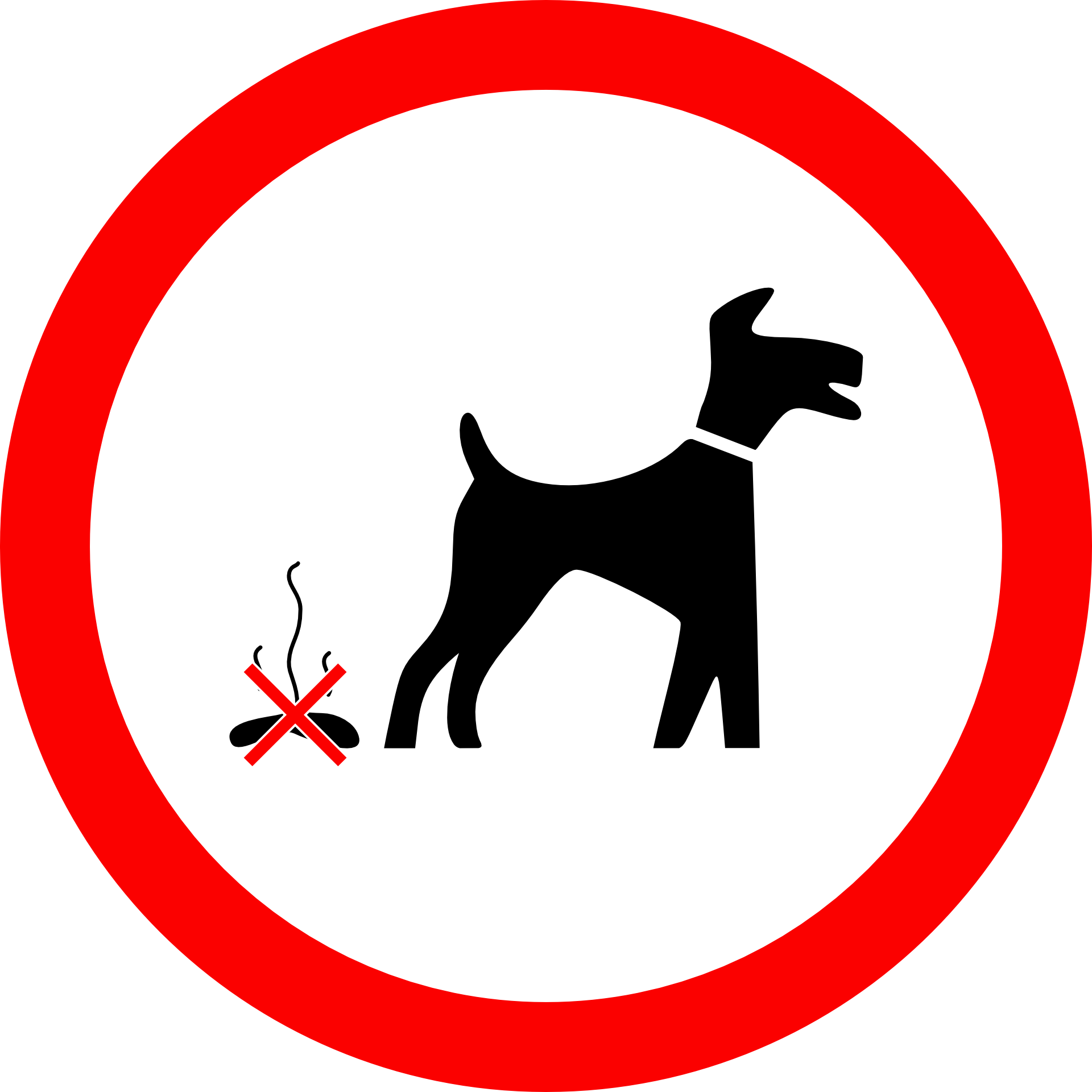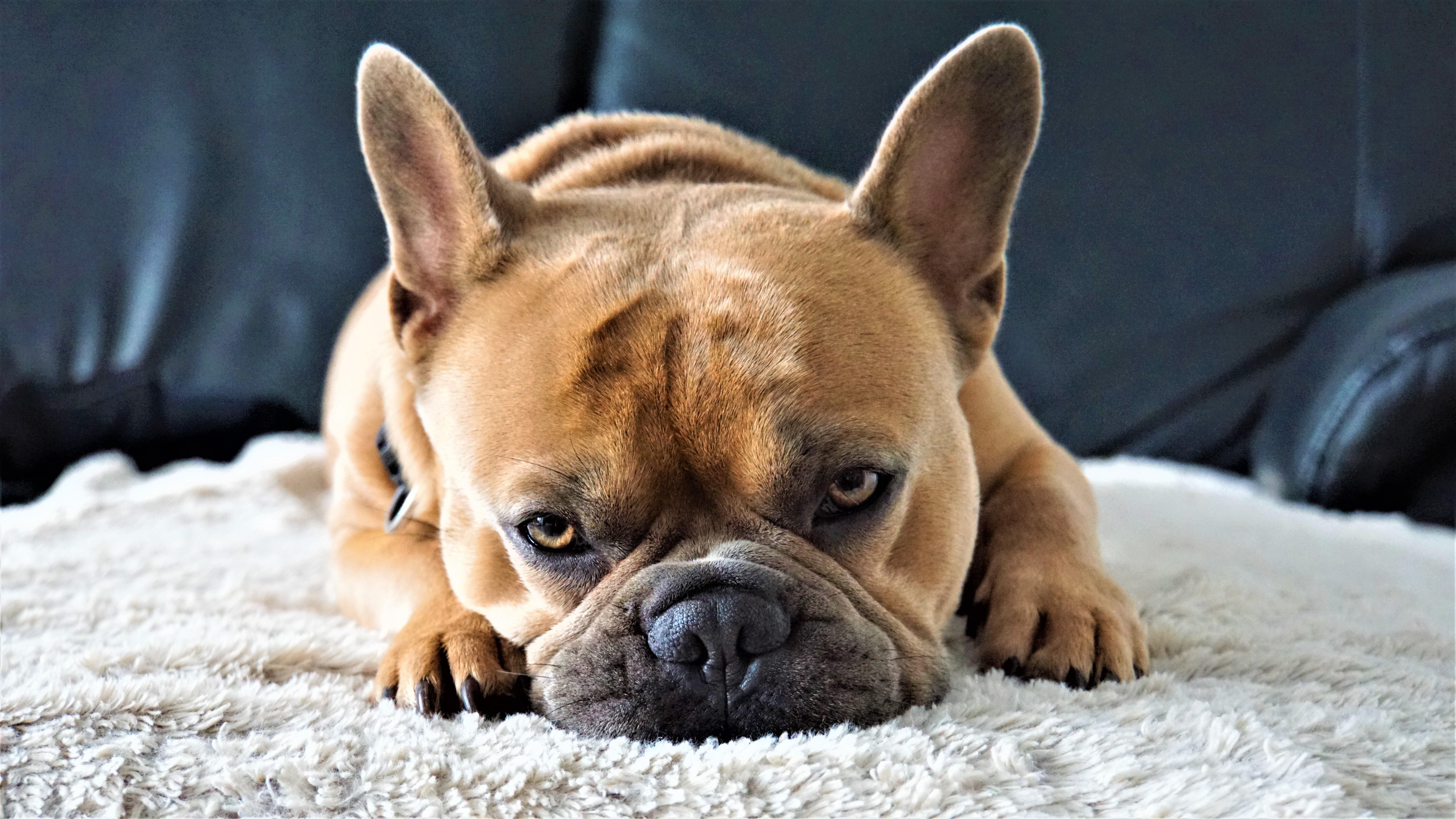Table of Contents
How Often Do Puppies Poop? All You Need To Know!
You just took your pup for a walk, and while you were gone, it did a few big poops. Now, it’s pooping right inside the door. It can sometimes feel like your new puppy is made of poop.
Is this normal, though? Why do puppies poop more than adult dogs? Here are all the answers to your questions about how often do puppies poop.
How Often Should a Puppy Poop?
In general, puppies poop a lot. They are small, with an intestinal tract that is still developing. Food is processed very quickly, and sometimes it’s not as thoroughly digested as it could be. The younger the dog, the faster the food will move through its digestive tract.
A puppy might poop 5 or 6 times a day. Some puppies will poop even more often. The good news is that the puppy will poop less often as it grows up. Even though a 2-week-old puppy might poop every time it eats, by the time it’s 12 weeks old, it might only do it four times a day. By six months, it could be three times a day.
After one year, they usually have their “normal” habits down. Adult dogs usually poop once a day, but they could do it up to three times a day. As your puppy’s pooping schedule settles down, you’ll see what’s considered “normal” for them. Any changes in your puppy’s pooping routine should be gradual, so call your veterinarian if you notice sudden shifts.
Pay attention to the frequency, consistency, color, texture, and coatings. Also, note anything that doesn’t belong in stool, such as fragments of worms (they may look like spaghetti or grains of rice) or any pieces of toys or other things your pup may have eaten.
What If Your Puppy Poops a Lot More Than the Average?

It can be hard to compare puppies since there’s a wide range of what’s considered “average.” Some puppies will poop more frequently, and others less frequently. The first crucial thing to consider is what is normal for your puppy.
If you suddenly notice that your puppy is defecating more than usual, look for any changes in color, consistency, or coatings, and pay attention to how your puppy is acting. Look for signs of discomfort and monitor your puppy for 24 hours. If the changes in the stool persist, or they aren’t eating, active, and perky, it’s time to call the vet.
Almost every puppy is born with intestinal parasites. This is one of the reasons veterinarians advise deworming and checking stool samples regularly when they are young. Parasites can alter your puppy’s stool, so have your veterinarian diagnose and treat them.
Factors that influence how much your puppy poop
A variety of factors influence how much your dog poops, including his size, activity level, and food. Puppy diets high in fiber, such as wheat or maize, can cause your puppy to poop more often, and the quantity of food you feed your puppy each day can also impact how frequently it goes.
Puppies who play or go for long walks may go more frequently because exercise helps food flow through the digestive tract.
And as your puppy grows older, he won’t need to go as often because mature dogs don’t eat meals throughout the day and can regulate their bowels for longer periods.
How long after eating does a puppy poop?
You’ll need to take your puppy out almost as soon as you feed him (same with after he drinks water).
Puppies usually poop about 15 minutes after eating, but it could be 5 to 60 minutes.
Puppies can’t properly control their bladders or intestines yet, so they have to poop more frequently than adult dogs immediately after eating.
By the time he’s 9 months old, your puppy should be able to control his bladder and hold it about as long as an adult dog.
What If Your Puppy Isn’t Pooping Enough?
This is rare in a healthy puppy! If your puppy suddenly starts producing less poop or straining, it may have eaten something causing an intestinal blockage. A possible intestinal blockage is an emergency. Anything your puppy chews, such as pieces of a chew toy or squeaker, can cause an intestinal blockage.
Pups that aren’t feeling well or eating normally will also produce less stool than a normal, active puppy. Call your vet if your puppy isn’t defecating enough or if there is a sudden change.
What to give a puppy for constipation

If your puppy isn’t going as often as usual, here are some excellent tips to help:
- Give your puppy plenty of water because dehydration can lead to constipation.
- Give canned pumpkin to your puppy. Pumpkin is high in fiber and is frequently recommended by veterinarians for dogs suffering from constipation or diarrhea. Make sure your puppy gets pure canned pumpkin with no added spices or flavors (mainly xylitol).
- Take your puppy for a long walk, throw a ball at him, or try to teach him some new tricks to ensure he receives enough exercise to keep his digestive system going.
- Give your puppy some moist dog chow. Wet food has more water than dry food, softening and rehydrating him. You should mix the wet and dry foods so he doesn’t develop an upset stomach from abruptly switching to a new food.
Talk to your veterinarian before giving your pup any meds for constipation, especially if he is already receiving other medications that may interact with them.
When Should a Puppy Poop?
Most puppies need to poop shortly after eating, but this can vary. It takes time for them to understand when their body signals they need to go, so training your puppy to go outside may take some time.
After feeding your puppy, please wait a few minutes and take them outside. Staying outside with your puppy until they’re pooped will reduce the chance they’ll come back inside and poop right away.
Look for some possible signs your puppy shows, such as looking around and starting to sniff the floor. They may begin to circle and posture as if they are about to go. As soon as you notice the signs that your pup is getting ready to go, get them outside quickly to aid in house-training!
What Should Your Puppy’s Poop Look Like?
Puppy poop can be highly variable in appearance, making it challenging to determine what is expected. As a rule, however, puppy stool should resemble a soft, large Tootsie roll. It should be brown and well-formed (not soft or runny or too hard).
The stool size will vary with the dog’s size, the time of day, and diet, but pay attention to especially large or small stools. A small amount of mucus covering the stool is normal, but this should not be blood-tinged. Finally, make sure there isn’t any foreign, undigested material in your puppy’s poop.
Before long, you’ll get a good sense of what is normal for your puppy. If you notice something that doesn’t seem right, contact your veterinarian. Puppies’ elimination habits and stools change with time, but those changes should be gradual. Over time, your little pooping machine will go less and start to fall into a consistent pattern.
How to tell if your puppy’s poop isn’t normal
Every day, your puppy should go to the potty around the exact times. A shift in the frequency of his bowel movements that lasts more than a few days could indicate something wrong, such as constipation.
The frequency of your dog poops is an excellent indicator of intestinal health.
While it may appear nasty, you should also ensure that your puppy’s poop is normal.
Poop from a healthy dog is a chocolate brown color that is quite constant. “It’s in the shape of small logs and should be very easy to pick up.”
Look for “variations in color, consistency (watery-ness), evidence of mucous or foreign materials, such as big amounts of grass, undigested food, masses of hair from grooming, or small white particles (worms),” which may indicate a problem and should be addressed by your veterinarian.
Here are some of the most concerning dog poop colors to look out for:
- Orange or yellow indicates a stomach upset or a liver or biliary (bile ducts and gall bladder structures) problem.
- Green – This could be due to your puppy eating grass or green dental treats or indicating an upset stomach or gallbladder problem.
- Black, red, or purplish – This could indicate internal bleeding. If you discover your puppy’s stool is crimson red or black, take him to the vet right away.
- White spots – If your puppy’s poop has white spots, they could be worms.
- Gray – Gray and oily dog poop usually indicate a pancreatic or biliary disease.
Visit your veterinarian if you observe any of these changes.
Puppy poop is disgusting, and pups appear to urinate all the time.
But the good news is that as your puppy grows older, he won’t need to go as frequently. Watch out for any changes that indicate your puppy is ill (and bring good doggie bags).
Potty Training to Your Puppy

Potty training should start as early as possible for the dog to learn rapidly and not leave litter all over the house. Here are some tips to aid you with puppy potty training.
The first step is to show the puppy where it needs to go. You can accomplish this by placing the puppy near the door. When the puppy barks, only open the door. Allow them to do their thing outside before bringing them back inside. Remember to do this last step so kids don’t equate opening the door with having fun.
When you are not around, confine the puppies to a kennel to avoid accidents on the couch. Every day, from eating to playing and walking to pooping, repeat these steps. It will aid in the maintenance of the routine. Use a trigger (such as a word) to teach the puppy when to poop. After each successful training session, reward the dog with some treats. The puppies will comprehend the necessity to poop outside this manner.
Final words:
Dog owners are always curious about what to feed their pets and when to allow them out to urinate and defecate.
Poop is crucial, but the number of times you take your new puppy to poop depends on the dog and the puppy’s feeding habits.
Dogs need to poop one to five times every day, depending on their age, size, and health. The number of poop stops required by an ordinary dog is determined by his size, how much water he drinks, and his overall health. In all circumstances, the individual dog determines the frequency of potty breaks.
Now help your puppy get back to his best self as soon as possible! Time is of the essence. Good luck, and give your puppy plenty of love.
FAQs
1. How often should puppies poop?
Expect your puppy to poop around five times a day for new puppy parents. As your puppy grows and becomes an adult doggy, with the help of a schedule and routine, the frequency will taper off to one to three times a day, depending on your dog. However, it’s not just quantity that matters; it’s also quality!
2. How often should an 8-week-old puppy poop?
A puppy that is eight weeks old will need to urinate every three hours. It’s also usual for puppies to have to poop within 30 minutes of eating a meal. Most puppies will also poop anywhere between two and four times each day.
3. How long does it take a puppy to poop after eating?
The dog will need to defecate 5 to 30 minutes after eating. So, if you keep a consistent meal schedule and pay attention to the time, your puppy will be able to go outside frequently.
4. Do puppies poop after every meal?
Most puppies take three to four meals per day while growing and will require pee and defecating after each meal. Wait 20 minutes after a meal before letting a young dog out to potty. The sooner the puppy is taken out after eating, the better.
5. Why has my puppy not pooped?
However, the most common causes are food, hydration, and exercise level.
Diet: Your dog’s diet contains too little or too much fiber. Dehydration occurs when your dog does not drink enough water. Your dog is not getting enough exercise.
That was all about How often do puppies poop and what that means.


